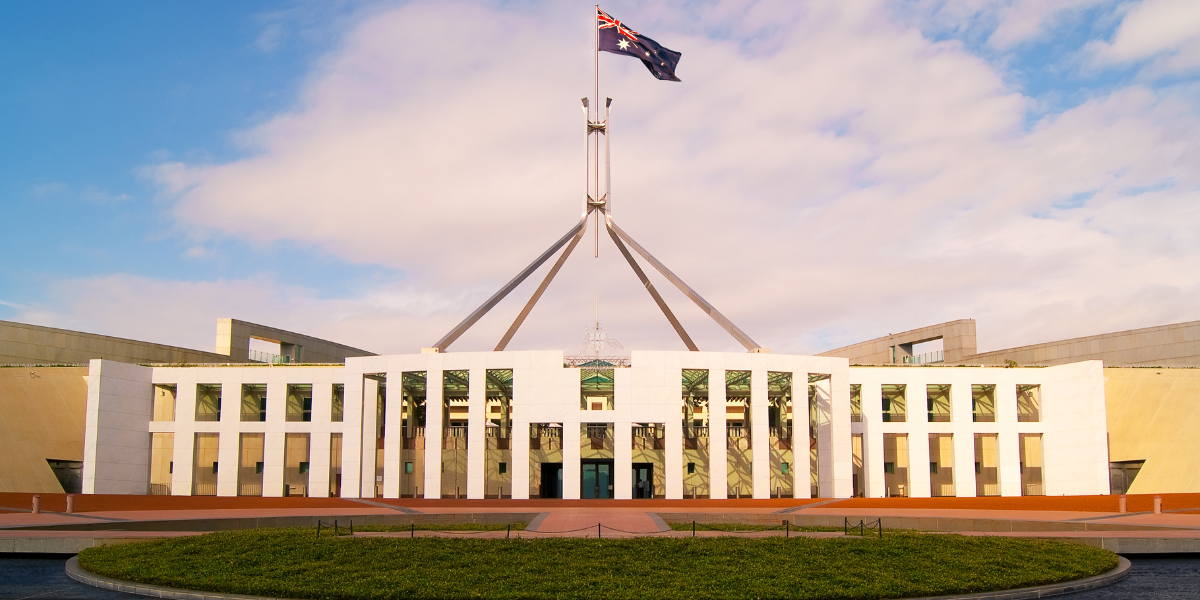The Australian Taxation Office (ATO) published a notice regarding the minimum yearly repayments on a Division 7A loan on Monday, 20 May, 2024.
Borrowing money from a private company might appear straightforward, but it’s crucial to consider the Division 7A rules. Otherwise, clients may end up paying more tax than expected.
To avoid an unfranked dividend under Division 7A, loans from a private company to its shareholders or their associates must be either repaid in full or placed on a Division 7A complying loan agreement before the company’s lodgment day.
Under complying loan agreements, minimum yearly repayments (MYRs) comprising of interest and principal must be made each year, starting from the income year after the loan is made.
Clients must ensure they can meet the required MYRs on complying loans. Missing the MYR or not paying enough in an income year will result in a shortfall in the MYR, which could be assessed to the borrower as an unfranked dividend.
Borrowing additional amounts from the same company, directly or indirectly, to make repayments on complying loans may result in the repayment not being taken into account in working out if the MYR has been made. This can also result in a shortfall in the MYR and an unfranked dividend that will be assessed to the borrower.
When making MYRs, borrowers need to:
- Start repayments in the income year after the complying loan was made.
- Use the correct benchmark interest rate to calculate the MYR for the current year.
- Make their required payments on the loan by the due date – the end of the income year (usually 30 June).
The benchmark interest rate is used to calculate the MYR changes annually. The rate for the current income year ending 30 June 2024 is 8.27%.















